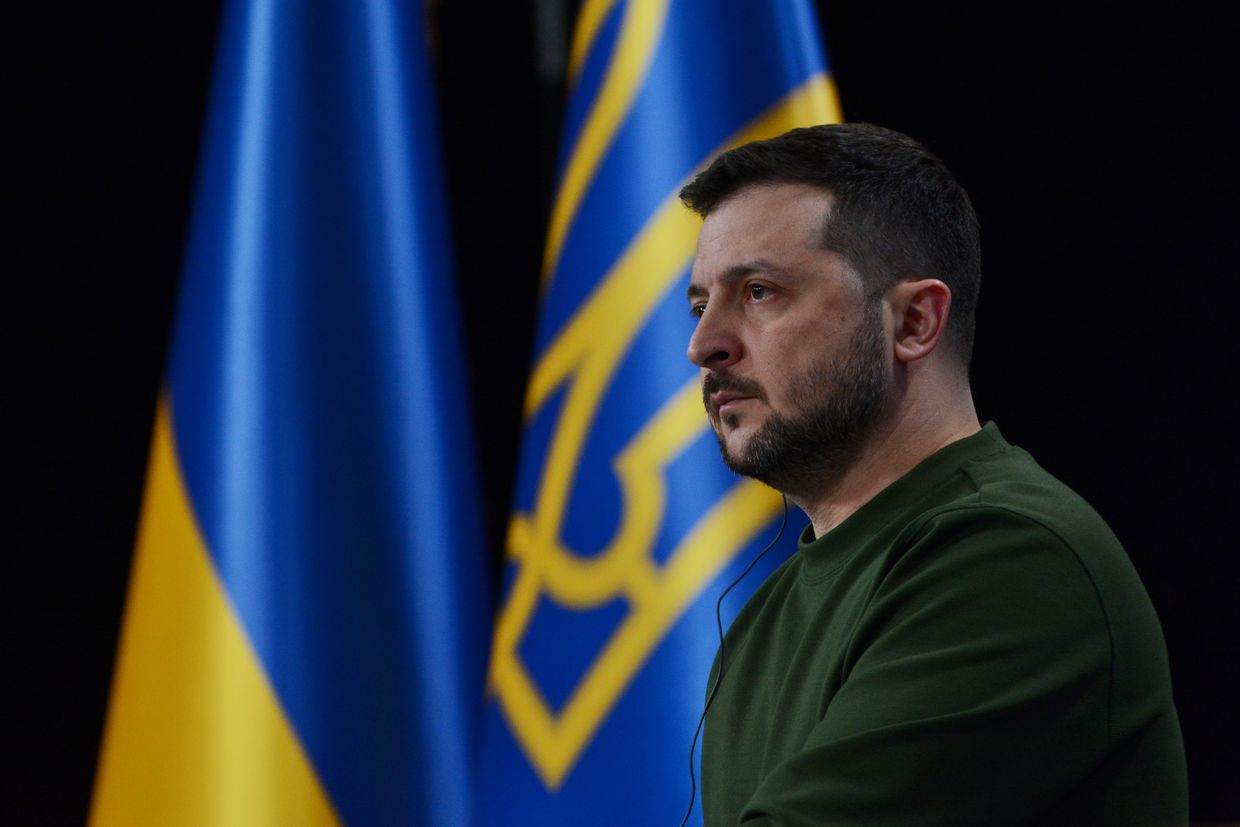Switzerland peace summit begins after months of preparation

Ukraine's peace summit in Switzerland began on June 15, bringing together representatives from 101 countries and organizations.
The figure is lower than the 107 countries and international organizations that Kyiv said had confirmed their attendance as of early June.
Ukraine hopes the summit will address several key issues, such as energy security, the exchange of captives, the return of deported children, global food security, and other topics.
"There are two days of active work ahead with countries from all corners of the world, with different peoples" who are united by the goal of bringing "a just and lasting peace for Ukraine closer," President Volodymyr Zelensky said on June 14 as he arrived in Switzerland.
"The peace summit will enable the global majority to take concrete steps in areas that are important to everyone in the world: nuclear and food security, the return of prisoners of war, and all deported persons, including deported Ukrainian children," Zelensky added.
Among the participants is Saudi Arabia, despite reports earlier in June that the country was not planning to attend the summit. Zelensky made a previously unannounced visit to Saudi Arabia on June 12.
China is not attending, despite having been invited. Reports emerged on June 13 that Beijing was pushing its alternative peace plan.
Brazil, the Holy See, the U.N., and the Ecumenical Patriarchate are attending the summit not as full participants, but as observers.
The U.S. will be represented by Vice President Kamala Harris and National Security Advisor Jake Sullivan.
Reports that President Joe Biden would not attend the event prompted Zelensky to say in May that his absence would "only be met by an applause by (Russian President Vladimir) Putin, a personal, standing applause by Putin."
"I believe that the peace summit needs President Biden, and other leaders need President Biden because they will look at the U.S.'s reaction," Zelensky said.
Biden is unable to attend the summit because it clashes with a campaign fundraiser.














